
Photo credit: Shelley Lipke Photography on Flickr
May 15th is the day when we celebrate teachers, educators and professors in Mexico (Dia del Maestro, in Spanish). I love teaching. Actually, I feel that I was born to teach. In fact, I was born to two educators (my Mom is a professor of government and political science at the Universidad de Guanajuato, and my Dad is a lawyer who taught law for decades). My brothers (all of the four of them) have all taught high school or post-secondary in one way or another. One of them, my oldest brother (Arturo) did his PhD at the University of Notre Dame, and is now a tenured Associate Professor at California State University Los Angeles. Rafael got his PhD from, and then taught at Arizona State University. We all did our graduate degrees abroad, and even though only my Mom, Arturo and I officially remain in the higher education field, we all have taught at some point in our lives.
There are few things that give me more pleasure in life than receiving emails from former students of mine, asking for a letter of reference for graduate school or for a job, or simply asking for advice or help to navigate a complex job landscape. I can’t say that all my student reviews have always been glowing, but I have always been extremely dedicated to my students, and I love being able to shape their lives and help them grow. I recently blogged about this aspect, in fact.
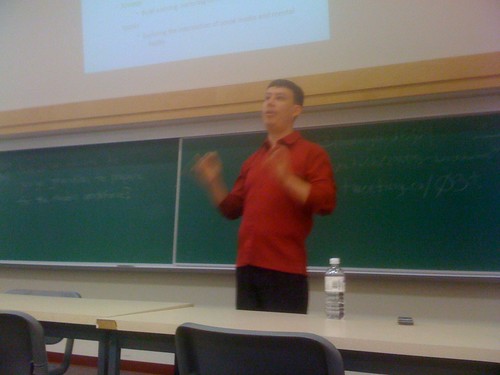
Photo credit: Paul Holmes on Flickr
This is my teaching philosophy, extracted from my teaching dossier:
As a teacher, my philosophy is that learning should be constructive, challenging, fun and exciting. Constructive in that my role is to help the student feel confident about his/her skills for the future. Challenging, insofar it should present difficulties that both the student and I will have to work together to overcome. Fun, in that it should provide joy for the student and me as the teacher. And exciting in that learning should be an activity to which both student and teacher should be looking forward. The feedback I have received from students is that I am able to provide all of these in a comfortable learning environment.
I loved teaching at UBC’s Department of Political Science, I loved teaching in Mexico and have enjoyed giving lectures abroad, and I would never change my professional activity. And I love being a professor at CIDE now, and look forward to teaching this fall. Ever since I was a child, I have loved sharing whatever knowledge I have. It’s in my blood.
Of course, who doesn’t love when they get glowing reviews? I do, and comments like these keep me coming back for more. I have usually had very heavy teaching loads (2-1-2), but I never have lamented it, because I now have an army of hundreds of former students who, I believe, will change Canadian society (I have taught most of my post-PhD time in Canada, even though now I’m based in Mexico) and the world (I also have had hundreds of foreign students).
“I found Dr. Pacheco-Vega to be not only a very effective teacher but a considerate and fair individual. He made a point of including students who may have been to shy to enter discussions in class with individual discussions, asking leading questions and using blogs. He showed concern for his students learning and their well-being. I would recommend Dr. Pacheco-Vega as one of the best instructors I have had in my years at this university.”
“Raul Pacheco-Vega is indeed contributing on the paradigm shift level with his teaching. What an amazing professor/scholar/person (perhaps not constructive in an evaluation-sense, but must be said -not being perceived as strategically flatter)”
“Professor Pacheco-Vega was a rare treat to have this term and I’m glad that on my one visiting semester I had the privilege of being in one of his classes. The quality of instruction was excellent and he had the right amount of interesting guests come and speak to the class.”
“One of the best courses I have taken in my undergraduate career simply because of the class atmosphere. Dr. Pacheco-Vega acts as a mentor to his students and his classroom really is a place that is comfortable for students to share their opinions and mull out ideas they’re not sure of yet. This class was very diffuse of the normal teacher-student power relationship… rather, this class was one where all students were combining their knowledge, opinions and experience to really hash out what we were learning about.”

Photo credit: Kris Krug on Flickr
To my former teachers and professors, especially those who shaped my thinking (my PhD advisor, my committee members, the professors I was a research assistant of, and those I’ve coauthored papers with): you instilled passion and commitment in my research and shaped my teaching and for that, I am incredibly grateful.
To my former students: you all make me proud every day, and you remind me day after day that I made the right decision to become a professor. Your infectious energy, your intelligence, your passion to seek social change has made my teaching career incredibly rich, and I’m proud and honored to have taught you.
To my current and former colleagues: I’m humbled and thrilled to be part of the academic community at large, and of having shared scholarly pursuits with you all. You are part of what will drive change in this world, and I’m honored to be part of the academic community we belong to.
I love the collegiality of being a professor (here is a photo of me with my dear friend Professor Janni Aragon of the University of Victoria).
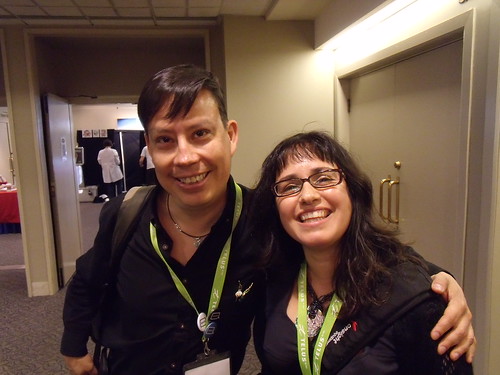
So, to all of you my fellow educators, Happy Teachers, Educators and Professors Day! Feliz Dia del Maestro!
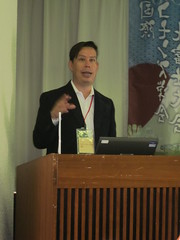 I give a lot of talks and present a lot of my work at conferences, both nationally and internationally. But this 2013, for a number of circumstances (mostly, personal and some logistical), I hadn’t been able to present my papers at the conferences I had already scheduled. So being able to present at the Latin American Studies Association conference in Washington DC in the US and the International Association for the Study of the Commons conference in Kitafuji in Japan gave me two solid weeks of fully-immersed scholarly reflection (you can read on what I talked about at IASC 2013 here). And the picture below reflects exactly how I feel (as found on the When In Academia Tumblr):
I give a lot of talks and present a lot of my work at conferences, both nationally and internationally. But this 2013, for a number of circumstances (mostly, personal and some logistical), I hadn’t been able to present my papers at the conferences I had already scheduled. So being able to present at the Latin American Studies Association conference in Washington DC in the US and the International Association for the Study of the Commons conference in Kitafuji in Japan gave me two solid weeks of fully-immersed scholarly reflection (you can read on what I talked about at IASC 2013 here). And the picture below reflects exactly how I feel (as found on the When In Academia Tumblr):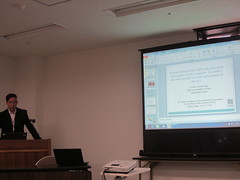 However, participating in LASA, and more importantly, being at IASC surrounded by academics who care about me on a personal level, and who believe in my research and my potential to contribute to scholarship on the commons really healed me, on a personal level, and pushed me continue working to further our understanding of how neoinstitutional theory can be applied to understand problems of what Charlotte Hess calls “negative commons”, e.g. – wastewater.
However, participating in LASA, and more importantly, being at IASC surrounded by academics who care about me on a personal level, and who believe in my research and my potential to contribute to scholarship on the commons really healed me, on a personal level, and pushed me continue working to further our understanding of how neoinstitutional theory can be applied to understand problems of what Charlotte Hess calls “negative commons”, e.g. – wastewater. 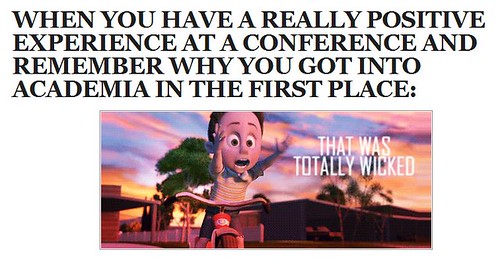
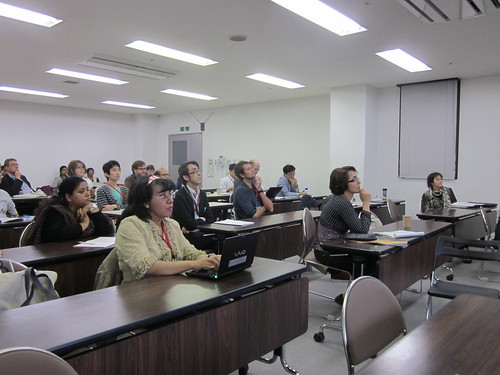
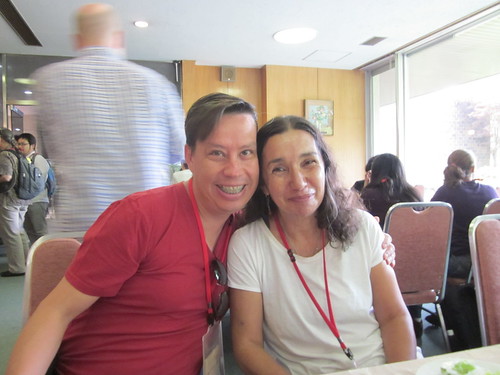

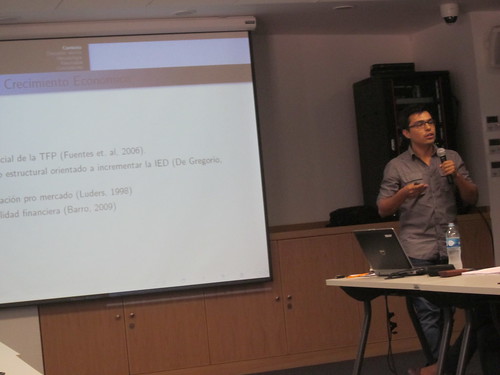

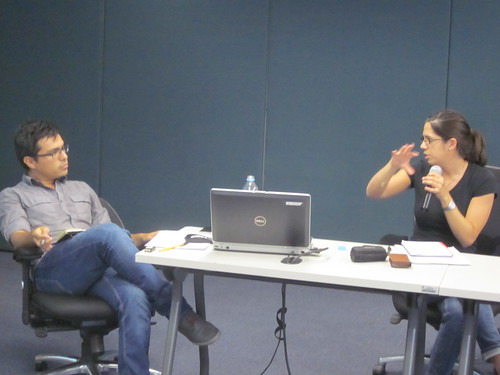
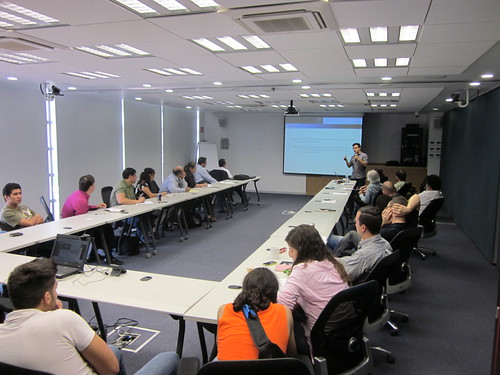
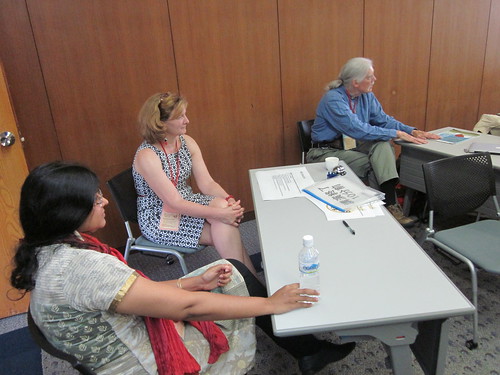
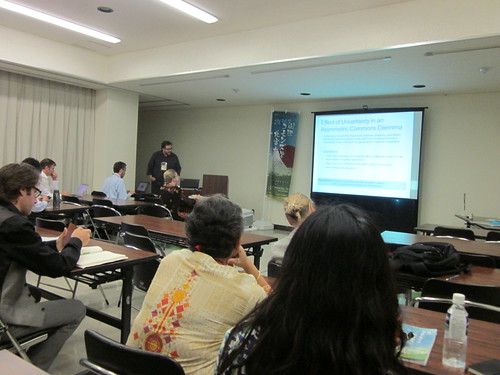
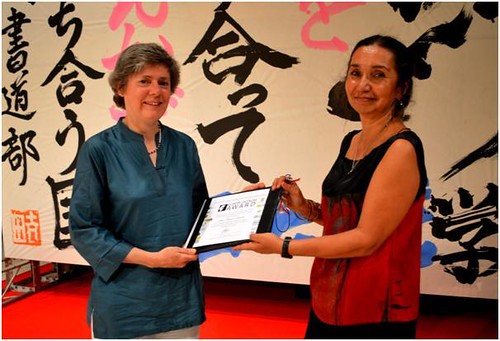
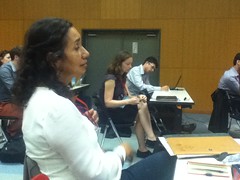
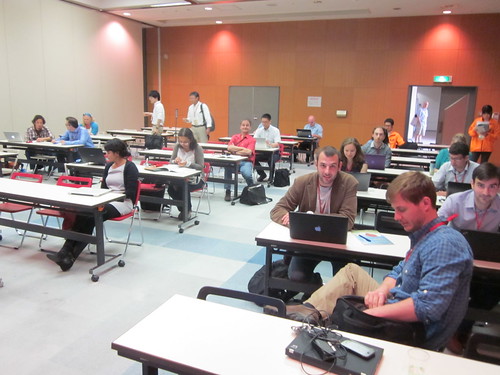
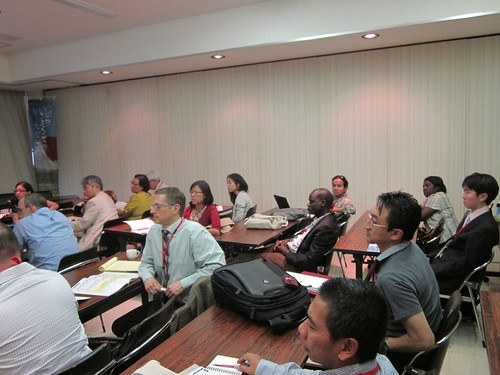



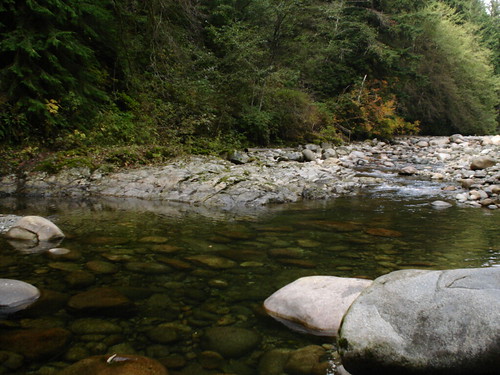

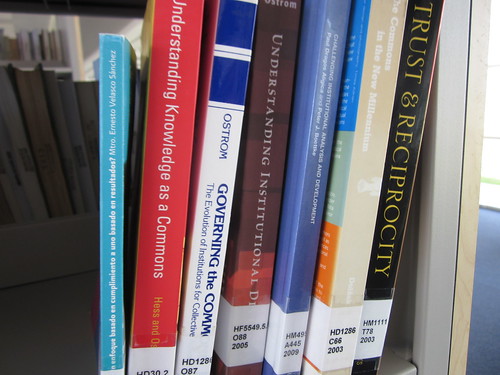





Recent Comments